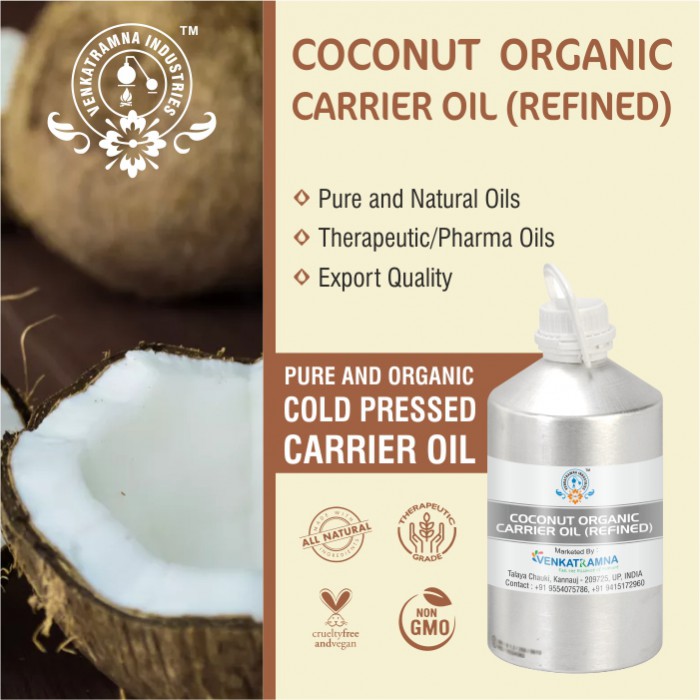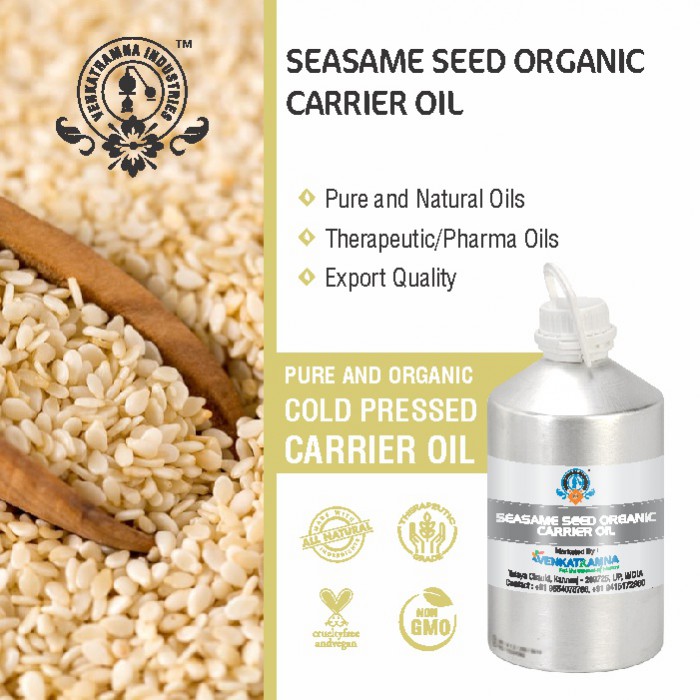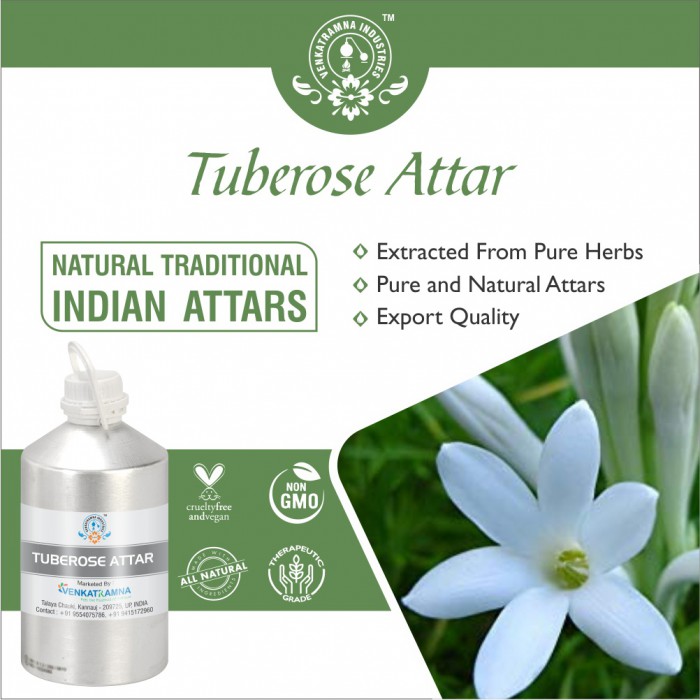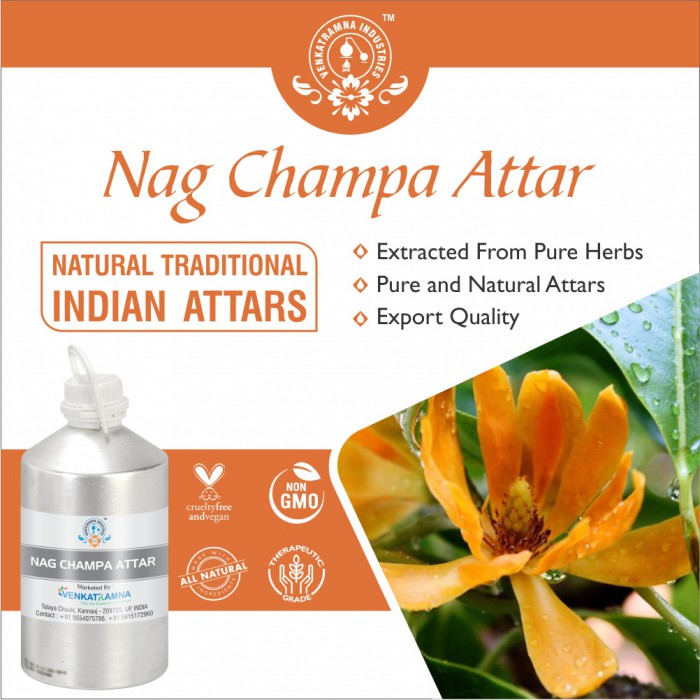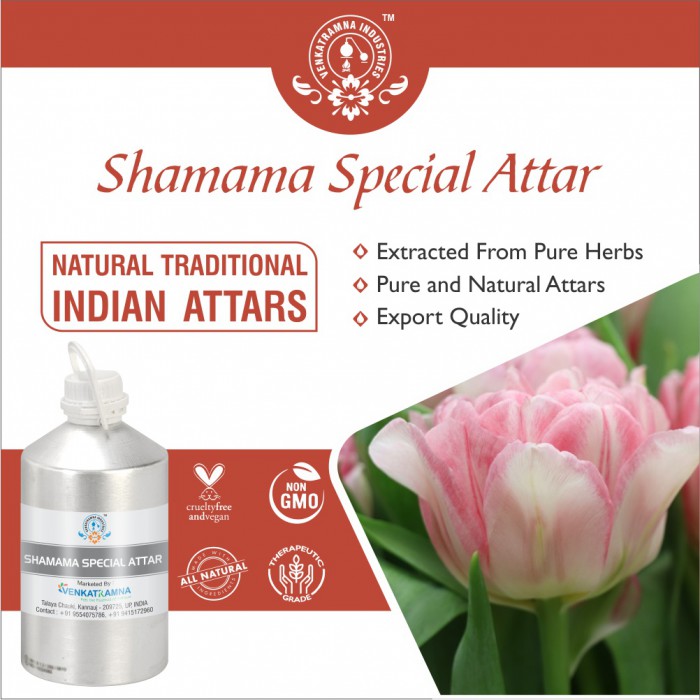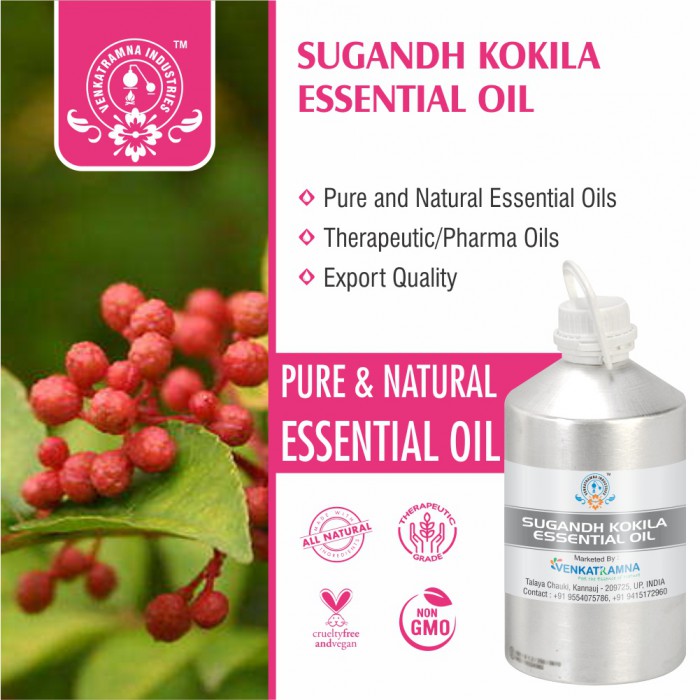Botanical Name: Cymbopogon Martini Var Sofia Common name: Palmarosa, ginger gras Read More
|
Botanical Name: |
Cymbopogon
Martini Var Sofia |
|
Common name: |
Palmarosa,
ginger grass, rusha grass |
|
Plant
family: |
Poaceae |
|
Genus: |
Cymbopogon |
|
Appearance/Color: |
Yellowish golden
mobile liquid |
|
Odor: |
Warm earthly aroma
that is quite exotic and sensuous. |
|
Blends With: |
Geranium
Rosewood Sandalwood Cedarwood and other floral essential oils |
|
Origin: |
India |
|
Source: |
Leaves |
|
Method
of Extraction: |
Steam
Distillation |
Palmarosa
is one of nature’s star upholders of skin health. Because of this, palmarosa
often finds a place in our skin care routines, for both our faces and bodies. The
name palmarosa was given to this unique therapeutic plant because its fragrance
is similar to that of rose oil. In the historical times, the Turks and Indians
combined palmarosa essential oil with rose oil. While palmarosa pure essential
oil has numerous therapeutic uses, it is more frequently used for cosmetic or
rose solutions due to its moisturizing properties.
DISCLAIMER
The complete range of conditions
or methods of use are beyond our control therefore we do not assume any
responsibility and expressly disclaim any liability for any use of this
product. Information contained herein is believed to be true and accurate however,
all statements or suggestions are made without warranty, expressed or implied,
regarding accuracy of the information, the hazards connected with the use of
the material or the results to be obtained from the use thereof. Compliance
with all applicable federal, state, and local laws and local regulations
remains the responsibility of the user.
The FDA has not evaluated the
statements on this website. No claims are made by Venkatramna Industries as to
the medicinal value of any products from vriaroma.com or by us. The information
presented here is for educating our customers about the traditional uses of
essential oils and is not intended to diagnose, treat, cure, or prevent any
disease. You are responsible for understanding the safe application of these products.
If you have any questions, please call or email us for further information.
As per NAHA guidelines, New Directions Aromatics
(NDA) does not recommend the ingestion of essential oils. It is imperative to
consult a medical practitioner before using Essential Oils for therapeutic
purposes. Pregnant and nursing women and those taking prescription drugs are
especially advised not to use this product without the medical advice of a
physician. The oil should always be stored in an area that is inaccessible to
children, especially those under the age of 7.
Traditionally it is
believed that a healthy digestive system can be achieved with the use of Palmarosa
oil. This oil stimulates the secretion of digestive juices into the stomach,
promoting digestion. It also aids in the absorption of nutrients from food. Palmarosa oil is well-known for its hydrating properties and is popular
for its wide range of applications since good olden times.
Because
of its antiviral, antibacterial and antiseptic properties, Palmarosa can help
to cool down the body from high temperatures, reducing fevers. Whether the
fever is due to a viral or bacterial infection, Palmarosa is capable of
reducing the fever, thus protecting the body from further damage.
Palmarosa Essential Oil in Pharma
Palmarosa helps the body retain moisture,
keeping the skin soft, moist and youthful. It can also relieve inflammation and
symptoms of dehydration on the surface of skin, as well as in tissues under the
skin layers. Offering cell
renewal benefits, palmarosa essential oil nourishes and restores skin health
and harmony. It is also known for its ability to rejuvenate tired, sore feet,
so it makes a great foot soak.
Palmarosa oil can also serve as an antiviral
agent, especially when blended with other virus-fighting oils like anise star
oil or ravensara oil.
Palmarosa contains natural antiseptic
properties. It can also heal broken capillaries, wrinkles and minor sun
exposure related skin damages. The oil can also protect wounds from infection
with its function as an antiseptic. When taken internally, palmarosa oil can
suppress bacterial growth in your urinary tract. It can assist in preventing
inflammation and quelling dehydration. It also balances the sebum or oil
production of your skin, aids in the healing of cuts and bruises, and helps
remedy acne breakouts. It
regulates skin moisture and oil production and is therefore useful for both dry
and oily skin. Palmarosa oil's health benefits are also often
attributed to its antiseptic and antimicrobial properties.
COMMON
USAGE
·
Anxiety, tension, headaches
·
Fights fatigue
·
Provides revitalization
·
Cough and cold
·
Sinusitis
·
Throat allergies
·
Analgesic
·
Antidepressant
·
Anti-inflammatory
·
Antiseptic
·
Antiviral
·
Bactericidal
·
Expectorant
·
Tonic
Ingredients:
|
S.No |
Key Constituents |
Strength (%) |
|
1 |
(P)-limonene |
30.1 |
|
2 |
(Z)-p-mentha-1(&), 8-dien-2-ol |
13.0 |
|
3 |
(E)-p-mentha-1(&), 8-dien-2-ol |
12.1 |
|
4 |
(Z)-p-mentha-2,8-dien-1-ol |
11.1 |
|
5 |
(E)-p-metha-2,8-dien-1-ol |
6.8 |
|
6 |
p-Menthadienol |
5.3 |
|
7 |
Carvone |
3.2 |
|
8 |
(E)-carveol |
3.0 |
|
9 |
p-menthadienol |
2.6 |
|
10 |
p-methatrienol |
1.7 |
|
11 |
p-mentha-1(7),2,8-triene |
1.6 |
|
|
p-mentha-1,5,8-triene |
1.1 |
TOXICOLOGICAL INFORMATION
Safety Summary
·
Hazards Skin sensitization if oxidized.
·
Old or oxidized oils should be avoided.
·
Cautions: Maximum dermal use level - 6.5%.
Safety advice a dermal maximum of 6.5%, based on 81%
geraniol content with a dermal limit of 5.3% is advised.
Organ Specific Effects
·
Adverse skin reaction: No information found for gingergrass
oil. Autoxidation products of (þ)-limonene can cause skin sensitization.
Systemic
Effects
·
Acute
Toxicity: Nontoxic.
·
Carcinogenic/anti carcinogenic potential: No data found, but it contains no known
carcinogens.
ECOLOGICAL
INFORMATION
·
Ecotoxicity: toxic to fish. Do not enter into
water ways
·
Bioaccumulation: unlikely
·
Mobility in soil: No data available
·
Persistence and degradability: biodegradation
expected
·
PBT and vPvB assessment: No data available
·
Avoid direct exposure into water streams and
ground water sources.


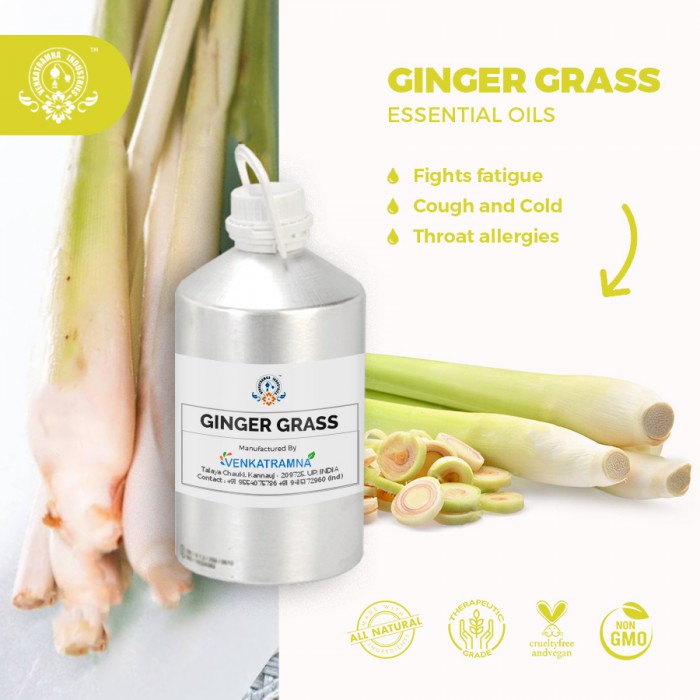
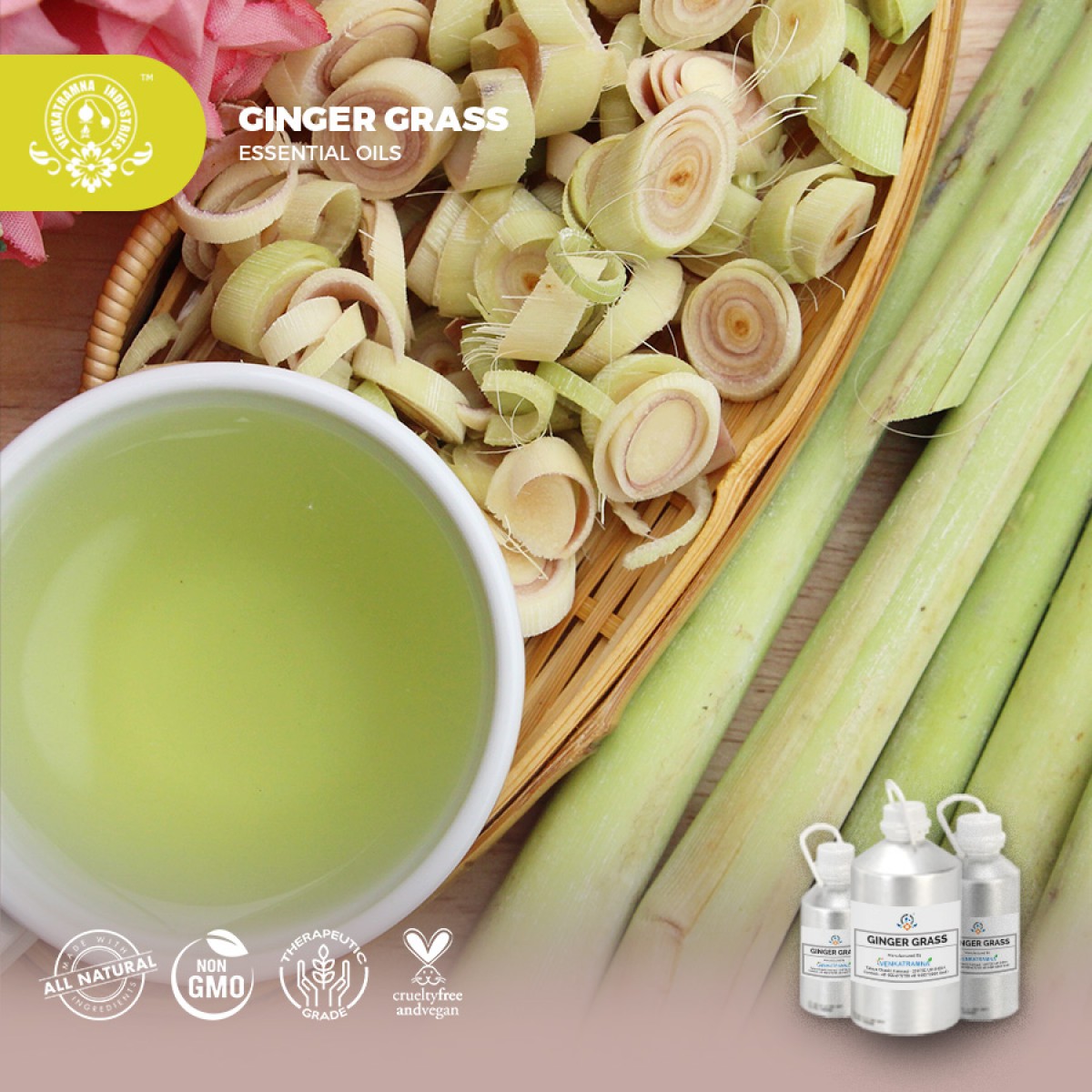
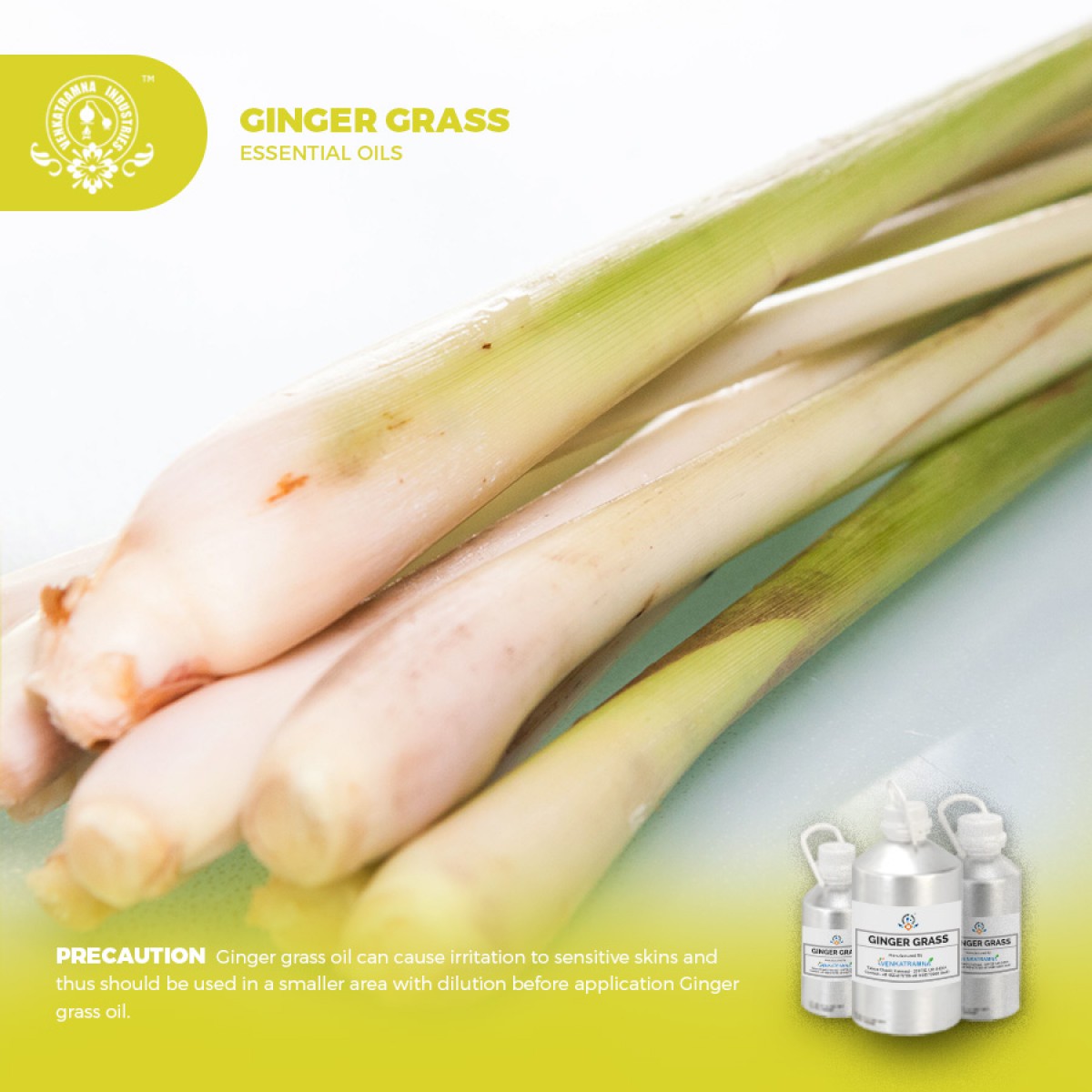
 MSDS-Gingergrass.pdf
MSDS-Gingergrass.pdf